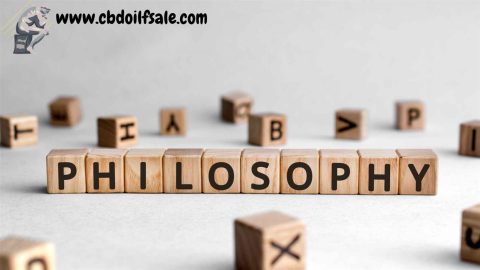
Introduction
Philosophy, from the Greek ‘philosophia’, meaning ‘love of wisdom,’ is a discipline that has provoked and illuminated human thought since antiquity. As an exploration of fundamental questions about existence, values, reason, and knowledge, has been an integral part of human civilization’s intellectual fabric.
Philosophy in Antiquity
The origins of philosophical thought trace back to ancient civilizations, notably among the Greeks. The Pre-Socratic philosophers, such as Thales and Heraclitus, initiated a shift from mythology to logical reasoning, inquiring about the nature of the universe. Socrates, Plato, and Aristotle later created the foundations of Western philosophy. Their dialogues and treatises spanned various domains, including ethics, metaphysics, politics, and aesthetics.
Medieval Philosophy
During the Middle Ages, Christian, Islamic, and Jewish scholars synthesized classical with religious thought. St. Augustine and St. Thomas Aquinas were prominent Christian philosophers who integrated Platonic and Aristotelian philosophies with Christianity. In the Islamic world, scholars like Al-Farabi, Avicenna, and Averroes, preserved and expanded upon Greek philosophy, establishing a profound philosophical tradition.
Modern Philosophy
The Renaissance and Enlightenment periods signaled a philosophical revolution, emphasizing humanism, reason, and science. René Descartes, often dubbed the father of modern philosophy, introduced radical skepticism and the concept of dualism. Philosophers like John Locke and David Hume, founders of empiricism, argued that knowledge arises from sensory experience. Immanuel Kant synthesized rationalism and empiricism, proposing that our understanding of reality is shaped by both experiences and innate concepts.
Contemporary Philosophy
In the 19th and 20th centuries, new philosophical movements emerged in response to cultural, scientific, and societal changes. Existentialism, spearheaded by thinkers like Søren Kierkegaard and Friedrich Nietzsche, explored the meaning of individual existence and freedom. Analytic philosophy, pioneered by philosophers like Bertrand Russell and Ludwig Wittgenstein, prioritized logical analysis of language and thought. Meanwhile, continental philosophy, encompassing movements like phenomenology, structuralism, and postmodernism, continued the tradition of grand philosophical narratives, focusing on culture, society, and history.
Conclusion
The history of philosophy is a testament to humanity’s relentless quest for knowledge and understanding. As a map of intellectual evolution, it charts our journey from the first sparks of rational thought in ancient Greece to the myriad philosophical schools of today. its various forms and manifestations, continues to offer profound insights into the human condition, shaping our worldview and guiding our navigation through the complexities of existence. Through, we not only discover the world around us but also the world within us.







